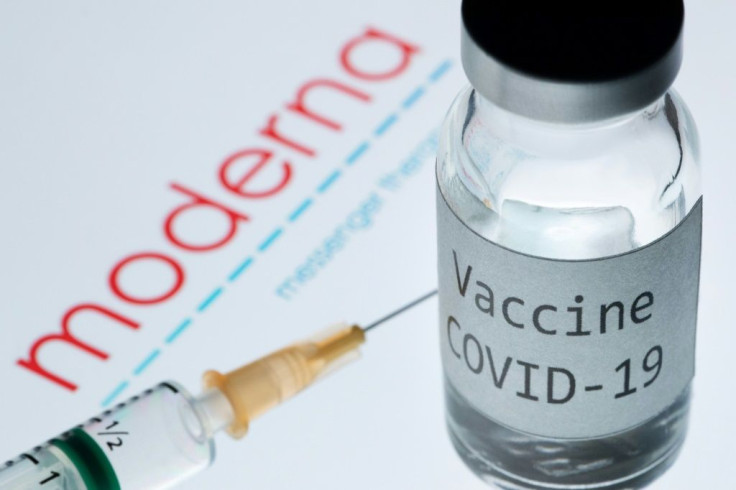Can You 'Mix and Match' COVID-19 Vaccines? New Government Study Suggests It Works
As the U.S.moves forward with a vaccine booster drive to combat COVID-19’s Delta variant, it is an open question whether or not vaccines from one manufacturer can be mixed with another. A new government study from the National Institutes of Health (NIH) suggests that the answer might be yes.
An NIH study released Wednesday found that it could be possible for a patient to “mix and match” their vaccines, regardless of which one they received first. The study involved 458 volunteers who were divided into groups based on which vaccine they received first between Pfizer-BioNTech, Johnson & Johnson, or Moderna.
The volunteers received a booster from a manufacturer different from their original dose and they were monitored to see how the number of antibodies in their body changed. In the two and four weeks after receiving the booster, it was found that recipients of a shot from a second manufacturer generally had a higher number of antibodies than those who received a booster from their original source.
Patients who received a Johnson & Johnson vaccine showed five times the amount of antibodies in their system after receiving a booster. Patients who received a booster from Pfizer or Moderna in addition to their Johnson & Johnson vaccine showed an even higher amount of antibodies than when they only had one vaccine type in their system.

These results arrive ahead of a decision from the advisory committee of the Food and Drug Administration (FDA) that is expected to arrive Friday. The FDA is weighing whether or not to grant emergency authorization to allow boosters from Moderna and Johnson & Johnson. Pfizer’s vaccine is so far the only approved vaccine for booster shots in the U.S.
The Centers for Disease Control and Prevention (CDC) is also reviewing Moderna's and Johnson & Johnson's applications for vaccine boosters.
If the two receive the go-ahead from the FDA, it could prove a boon for President Joe Biden’s booster vaccination drive. The initial plan enacted on Sept. 20 was scaled back to only cover those 65 and older and those with pre-existing health problems. The plan went ahead with only Pfizer boosters available after regulators warned they did not have enough data from Moderna to go ahead with it.
The NIH study on its own is unlikely to sway the FDA to endorse mixing and matching vaccines right away. The study has not been peer reviewed and its authors note that their sample size was not representative enough of the U.S. population across age ranges or racial and ethnic groups to gauge how the boosters perform for everyone.
“The sample size is insufficient for inter-group comparisons, and the demographics of those studied are not representative of the U.S. population,” the authors of the study wrote.
© Copyright IBTimes 2024. All rights reserved.





















